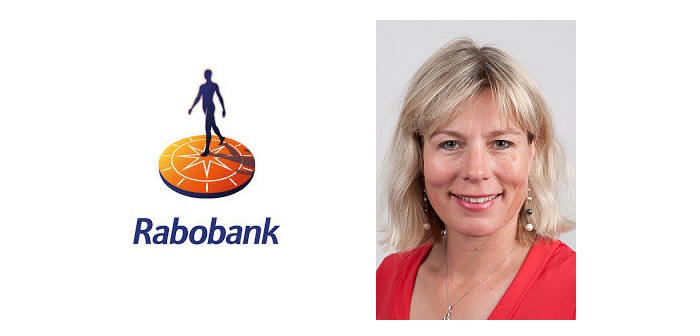Periods of significant feed price volatility will become “the norm” throughout the coming decade, according to a new Rabobank report which warns that as global demand for meat, fish and dairy grows, so will the demand for animal feed.
“Depending on the strength of the supply chain response (to rising feed demands), we expect the longer-term trend of relative scarcity in protein meals to continue,” said Rabobank, adding that this will result in “periodic bouts of significant price volatility.”
The demand for vegetable protein meals for use in animal feed has increased, continued the Dutch-based bank, commenting that this trend is likely to continue over the coming decade.
“The increasing share of protein in feed, combined with increasing meat consumption and absolute population growth, raise important questions on how the supply of vegetable meals can keep pace with rising demand for animal feed,” it said.
Produced by Rabobank food & agribusiness senior analyst, Clara van der Elst, the report also looks as how businesses might seek to minimise the negative effects of volatile feed prices.
“Companies can position themselves effectively, depending on their position in the chain, by securing access to protein feed in the long term, developing alternative protein supplies and continually enhancing feed conversion efficiency,” said Ms van der Elst (pictured above). “As a result, they will experience less volatility or high prices.”
Rabobank has also plotted the strategies that food and agribusiness companies might deploy to deal with the opportunities and risks presented by feed price issues.
“These vary along with their position in the supply chain, but consist of roughly two kinds,” said Ms van der Elst.
“The first is R&D or technology, in areas such as crop yield improvements, feed formulation, feed conversion and alternative feed protein development.
“The second is for business strategies to involve closer alliances and integration between companies operating on adjacent steps of the supply chain.”




